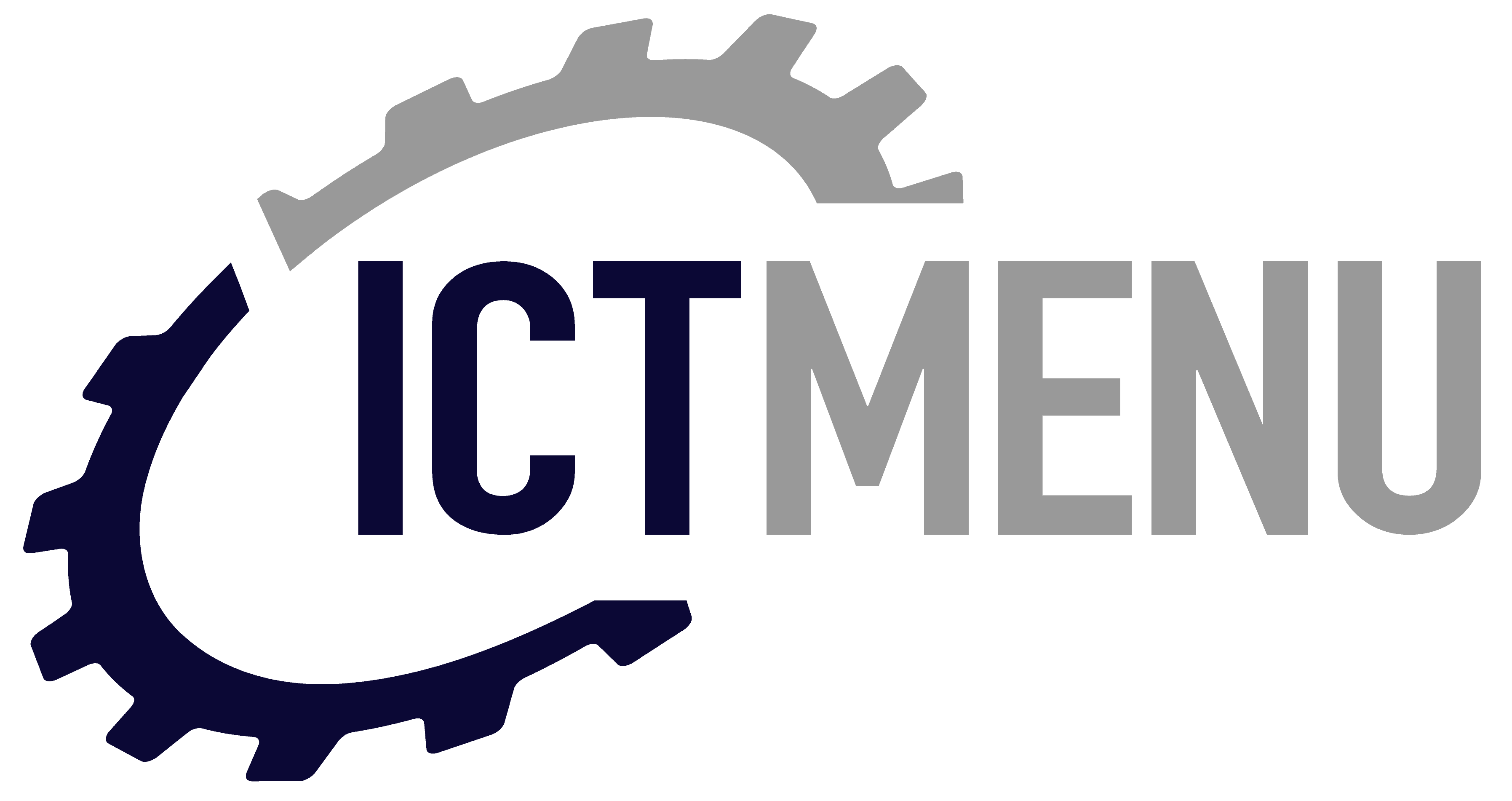Notion stands out as a leading digital workspace designed to optimize your productivity and organization. Offering versatility, Notion caters to both personal and professional needs with features like task management, note-taking, and collaboration tools. Whether you’re an IT professional, a tech enthusiast, or a hobbyist, Notion’s customizable interface, templates, and integrations can easily adapt to your workflow. Dive into this guide to uncover how Notion enhances efficiency and discover practical ways to leverage this tool for your digital projects.
Understanding Notion as a Digital Workspace
Notion emerges as a revolutionary digital workspace, adeptly serving both individual users and teams in organizing their projects seamlessly. Its cloud-based platform redefines productivity by consolidating various functions into a single interface, an appealing feature for those looking to streamline their operations. With Notion, users benefit from its intuitive interface and a wide array of adaptable templates, which cater to diverse needs—from simple to-do lists to complex project management systems. These templates can be easily customized, ensuring that the workspace reflects specific requirements and enhances workflow efficiency.
Another significant advantage of Notion is its seamless integration with popular apps and tools, such as Google Drive, Slack, and Trello. This integration capability eliminates the need to switch between multiple platforms, ensuring information remains centralized and accessible. This interconnected ecosystem not only saves time but also minimizes the hassle of coordinating data across different systems, illustrating Notion’s efficiency in digital project management.
Notion also excels with time-saving features that optimise productivity. For instance, the ability to combine tasks, documents, and databases eliminates redundancy and enhances accessibility, allowing users to concentrate more on content creation and task completion rather than navigating complex software interfaces. By embracing this all-in-one functionality, users can effectively manage their projects, from inception to completion, within a unified digital environment.
As we look forward to delving deeper into Notion’s capabilities, the next step explores how this digital workspace can be harnessed specifically for project management, unlocking further potential for organizing and executing projects with precision.
Harnessing Notion for Project Management
Notion serves as a versatile platform tailored to streamline project management for teams and individuals alike. With its all-encompassing features, Notion allows users to create meticulous project plans that include timelines, clear assignments, and efficient progress tracking. This adaptability makes Notion a preferred choice for those keen on optimizing their project workflows.
The first step in harnessing Notion for project management involves setting up boards, lists, and custom dashboards. These elements can be specifically designed to suit the unique needs of a project. For instance, a board in Notion can function similarly to a Kanban board, where team members can move tasks from ‘To Do’ to ‘In Progress’ and finally to ‘Done’. Lists can include task details, deadlines, and priority levels, ensuring everyone remains aligned on objectives.
Calendar views in Notion further enhance deadline management. By visualizing tasks in a calendar format, users can easily track upcoming deadlines, set reminders, and manage time more effectively. This calendar feature supports the overall clarity of a project’s timeline and contributes to better resource allocation.
Team collaboration tools within Notion foster streamlined project discussions as well. Comments, mentions, and shared notes ensure all team members can participate in productive conversation, leading to fewer misunderstandings and a more cohesive project flow. These collaborative features enhance communication and drive projects to completion with greater efficiency.
Users can optimize resources by using customized workflow templates that Notion offers. These templates can be tailored to align with the specific goals and workflow of the project team. Ultimately, Notion empowers users to create an organized project ecosystem, paving the way for enhanced productivity and effective project execution.
As you become adept at managing projects, the next step is to explore how Notion can enhance personal productivity, enabling you to streamline tasks beyond team projects.
Optimizing Personal Productivity with Notion
Notion emerges as a cornerstone in personal productivity, adapting flawlessly to individual workflows and preferences. As previously explored, its versatility in project management is unrivaled. Now, shifting focus to personal productivity, Notion provides robust tools to organize one’s day-to-day activities seamlessly.
- By creating daily planners, users can structure their tasks with ease, setting personal goals not just for compliance but growth. With Notion’s intuitive interface, embedding bullet journals or time blocks right within your workspace is straightforward, keeping your goals visual and within reach.
- Habit trackers are another powerful feature within Notion, fostering productivity-enhancing routines. Users can set up customizable trackers to monitor habits, ensuring alignment with broader personal development objectives. This kind of visual accountability can catalyze progress and instill discipline effortlessly.
- Designing custom knowledge databases can revolutionize personal learning journeys. Notion allows for the creation of integrated knowledge hubs where notes, articles, and research materials coexist. This structured yet flexible space enhances learning by connecting disparate information into a cohesive knowledge network.
- With comprehensive note-taking and document storage capabilities, Notion stands as a bulwark against clutter. Users can organize documents and ideas neatly, preventing overwhelming digital chaos and enhancing focus.
Notion’s ability to tailor these functions to personal needs ensures balance, paving a path to elevated efficiency in everyday life. As users refine their productivity with these strategies, the next natural step lies in exploring Notion’s templates and integrations, further streamlining workflows and extending creative possibilities.
Utilizing Notion Templates and Integrations
Notion offers unparalleled flexibility with its diverse range of templates and integrations, which are essential for maximizing productivity in your digital workspace. By utilizing preset templates, users can quickly set up effective solutions for tasks ranging from project management to personal journaling. These templates act as blueprints, saving time while ensuring that important elements are not overlooked. Custom templates further expand these possibilities, allowing users to tailor workflows to meet specific requirements, ensuring that Notion adapts to individual work styles instead of the other way around.
Integrations are another cornerstone of Notion’s functionality, seamlessly connecting with popular apps like Google Drive, Slack, and Trello. This interconnectedness allows users to pull in essential data from across the web into one centralized location, enhancing productivity by reducing the need for constant app-switching. Moreover, you can embed content such as spreadsheets, images, and documents directly into your Notion pages, providing instant access to vital information without disrupting your workflow.
For those seeking advanced functionalities, Notion’s API opens new horizons, enabling the creation of custom integrations and automations tailored to specific needs. By leveraging these capabilities, users can create a highly personalized workspace that not only boosts efficiency but also aligns with evolving digital projects.
As you continue to customize and expand your Notion workspace, understanding how to effectively collaborate and share within the platform will further enhance your productivity. Up next, explore how Notion can revolutionize collaborative efforts and information sharing within teams.
Collaboration and Sharing in Notion
Notion is a powerful tool for collaboration, crucial for enhancing team productivity and ensuring project success. Utilizing its real-time collaboration tools, teams can seamlessly communicate and align on project goals and tasks. By enabling multiple users to contribute, discuss, and edit content simultaneously, Notion fosters a dynamic environment where ideas flow freely and teamwork thrives. Notion’s permission settings provide robust access control, allowing team leaders to manage who can view or edit specific documents. This ensures that sensitive information remains private, while still leveraging the collaborative potential of the platform.
Sharing workspaces and documents in Notion is effortless, thanks to its intuitive built-in tools. Users can quickly invite team members to join a project or share updates with stakeholders outside the organization. This feature not only streamlines communication but also ensures everyone remains on the same page, which is vital for maintaining momentum and achieving project continuity. Notion also excels at task monitoring and management, allowing for a collective approach to handling assignments. With clearly defined roles and responsibilities, teams can track progress, delegate tasks, and address challenges efficiently, keeping projects on track towards timely completion.
Moving from templates and integrations, teams can truly capitalize on Notion’s collaborative capabilities to bolster their project management processes. As you explore advanced tips for maximizing your use of Notion, you’ll uncover even more strategies to enhance productivity and streamline your digital workspace.
Advanced Tips for Maximizing Notion
Notion holds a prominent place as a tool that can significantly enhance your productivity, especially when you master its advanced features. Among these, database relations and roll-ups are powerful yet often underutilized capabilities. By creating relational databases, you can link different sets of data, such as connecting projects with tasks or clients, providing a holistic view of your work. Roll-ups further extend this by allowing you to aggregate information, like summing up progress across various related tasks, thus giving you a comprehensive snapshot of your achievements.
In addition to these features, integrating third-party tools to automate processes can elevate Notion’s efficiency. Employing automation tools, like Zapier or IFTTT, allows seamless updates between Notion and other platforms, alleviating manual tasks such as updating spreadsheets or calendars. This integration transforms Notion into a dynamic digital workspace that adapts to your workflow.
Optimizing your workspace layout is another key strategy for maximizing Notion’s potential. Tailor the navigation to prioritize frequently accessed sections, ensuring faster access to crucial information. Moreover, leveraging Notion’s keyboard shortcuts can drastically accelerate your workflow. Mastering shortcuts like switching between dark and light modes or quickly creating new pages can save time and enhance your productivity.
As you transition from collaborating in Notion to leveraging these advanced tools, the insights gathered can reinvent your approach, improving efficiency and effectiveness. Transform Notion from a digital notebook into a fully-fledged organizational powerhouse that adapts to your evolving needs.

